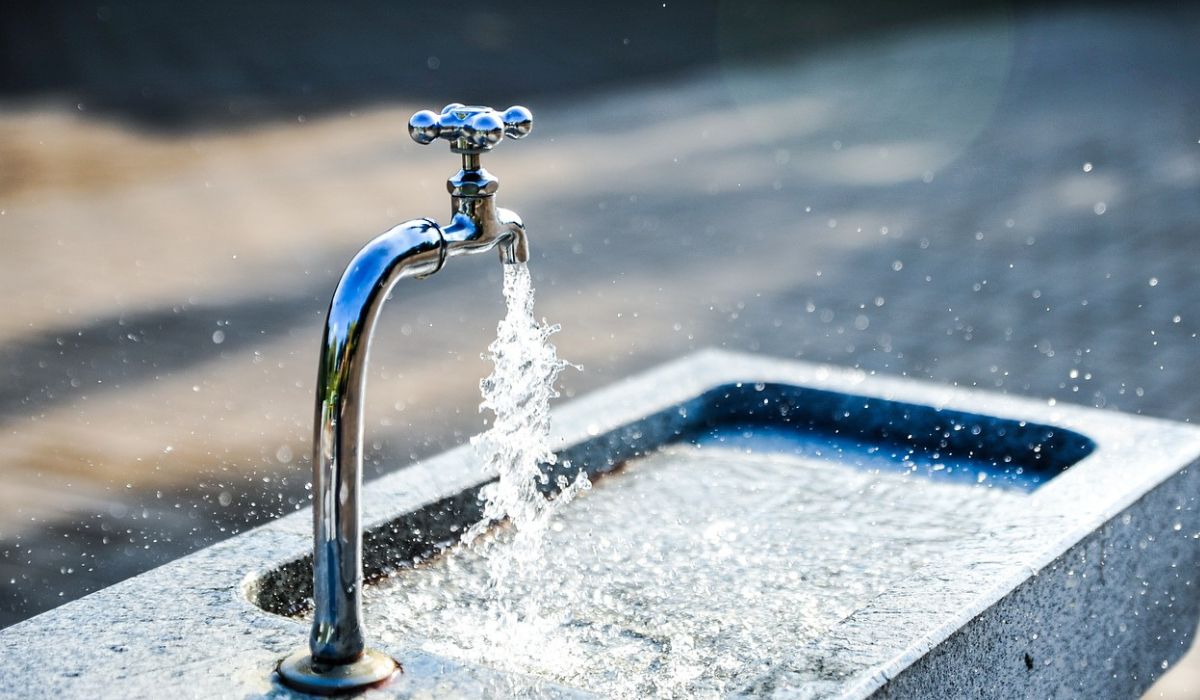Introduction
Water is the lifeblood of our daily lives, and its quality significantly impacts everything from household chores to our health. In Germany, there’s a specific concept known as “Német Keménység” or German water hardness that plays a crucial role in everyday activities. Whether you’re living in Germany or considering a move, understanding Német Keménység is vital, as it affects your appliances, laundry routines, and even your health. This article aims to provide comprehensive insights into the concept of German hardness, its measurement, classification, and its significance in various aspects of daily life.
What is Német Keménység?
Német Keménység, represented as °dH (degrees of German hardness), is a measure of water hardness that indicates the concentration of calcium and magnesium ions in the water. These minerals are dissolved in water as it passes through geological formations like limestone and chalk. The higher the concentration of these minerals, the harder the water becomes.
Comparison to Other Units
Globally, water hardness is measured using different units like parts per million (ppm) or milligrams per liter (mg/L). While °dH is prevalent in Germany, ppm and mg/L are commonly used in other countries. To convert °dH to ppm, you can multiply the value by 17.8. Understanding these conversions is essential for anyone dealing with international water standards or moving between countries.
Factors Affecting Water Hardness
Several factors influence water hardness, including the mineral content of the geographical area, the type of rocks and soil, and the local water supply’s source. In regions rich in limestone or gypsum, water tends to be harder due to the higher concentration of calcium and magnesium.
Classification of Német Keménység
Understanding how water hardness is categorized can help you better manage its effects on your daily life.
Categorization of Water Hardness Levels
In Germany, water hardness is typically classified into three categories:
- Soft Water: 0–7 °dH
- Medium Hard Water: 8–14 °dH
- Hard Water: 15 °dH and above
These classifications help consumers and industries choose suitable solutions for dealing with varying hardness levels.
Guidelines for Classifying Water
Classifying water based on Német Keménység values helps determine the type of treatment necessary for optimal appliance performance and personal use. For instance, soft water is often ideal for household chores like laundry and dishwashing, while hard water may require special treatment to prevent scaling.
Regional Variations in Water Hardness
Germany’s diverse geological landscape leads to significant regional variations in water hardness. A map of Germany showing these variations can be an invaluable tool for residents and businesses to understand local water characteristics better.
Impact of Német Keménység on Daily Life
Water hardness profoundly impacts several aspects of daily life, from household chores to health.
Effects on Household Appliances
Hard water can cause scaling and reduce the efficiency of household appliances like dishwashers and washing machines. Over time, this scaling can lead to higher energy bills and costly repairs.
Influence on Laundry and Cleaning Routines
When using hard water, soaps and detergents tend to lather less effectively, requiring more product for the same cleaning power. This inefficiency can lead to increased costs and potential damage to fabrics.
Potential Health Implications
Drinking hard water isn’t harmful to most people and can even provide additional calcium and magnesium. However, high levels of these minerals might be unsuitable for individuals with specific health conditions.
Measuring Német Keménység
Knowing how to measure water hardness is essential for managing its effects.
Methods for Measuring Water Hardness
There are several methods for measuring water hardness, including test strips and electronic water testers. These tools provide quick and accurate readings, helping you make informed decisions about water treatment.
Availability of Testing Services
In Germany, numerous services offer water hardness testing, providing professional assessments and recommendations tailored to your needs.
Interpreting Test Results
Understanding the values obtained from tests is crucial. With accurate readings of Német Keménység, you can decide whether to implement water softening solutions or adjust your cleaning routines.
Dealing with Hard Water in Germany
Managing hard water effectively can significantly improve the efficiency of your household operations.
Water Softeners and Their Benefits
Water softeners can mitigate the effects of hard water by removing excess minerals. These systems can prolong the life of appliances and improve the quality of your water, making them a worthwhile investment in areas with high water hardness.
Alternative Methods for Reducing Hardness
Aside from water softeners, alternative methods like filtration and boiling can help reduce water hardness. These techniques offer varying degrees of effectiveness and are often used in combination with other treatments.
Tips for Maintaining Appliances
Regular maintenance of appliances in hard water areas can prevent scaling and extend their lifespan. Descaling regularly and using recommended cleaning agents can keep your appliances running smoothly.
Német Keménység and Regional Differences
Germany’s varied landscape means that water hardness can differ significantly across regions.
Variations Across Regions
From the soft waters of the northern plains to the harder waters in southern limestone regions, understanding these differences is key to managing water hardness effectively.
Factors Contributing to Regional Differences
Geological formations, such as the prevalence of limestone, and the sources of local water supplies contribute to the regional discrepancies in water hardness.
Recommendations for Adjusting to Varying Hardness
For those moving within Germany, adjusting to new water hardness levels might require changes in appliance settings and cleaning routines. Familiarizing yourself with local water characteristics is a smart first step.
You May Also Like: Del Bandito Mine Esmeralda NV History Facts and Fascination
Conclusion
Understanding Német Keménység is crucial for anyone living in or moving to Germany. By grasping the concept of water hardness, its measurement, and regional variations, you can take actionable steps to improve your home life and preserve your household appliances. For further exploration or personalized advice, consider consulting with water treatment professionals. Adapting to water hardness is a small step towards a more efficient and comfortable living environment.
FAQs
1. How does Német Keménység affect my appliances?
Hard water can cause scaling in appliances, leading to reduced efficiency and increased energy costs. Regular maintenance and the use of water softeners can help mitigate these effects.
2. Is it safe to drink hard water?
Yes, for most people, drinking hard water is safe and provides additional minerals like calcium and magnesium. However, individuals with certain health conditions should consult a doctor.
3. How can I test the water hardness in my home?
You can use test strips or electronic water testers for a quick assessment, or contact a local service for a professional evaluation.
4. Are there natural ways to soften water?
Boiling and filtration can help reduce water hardness, but these methods are less effective than using dedicated water softening systems.
5. Why do different regions in Germany have varying water hardness levels?
Variations are due to differences in geological formations and local water sources. Understanding these can help you adapt your water use practices.











